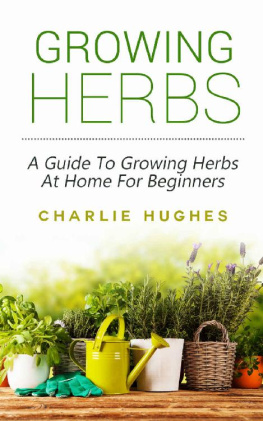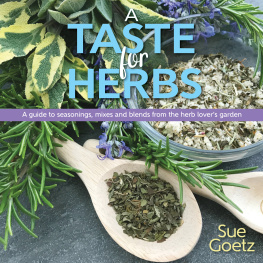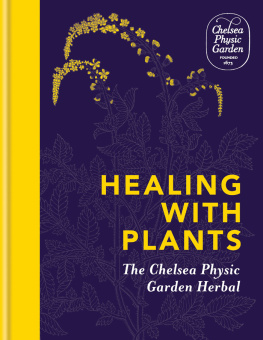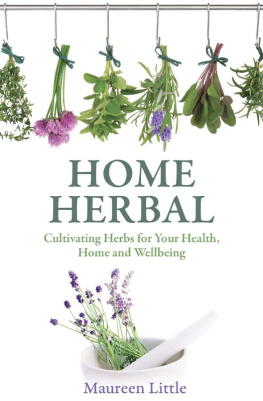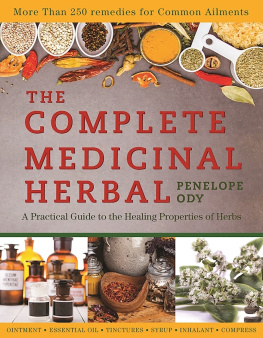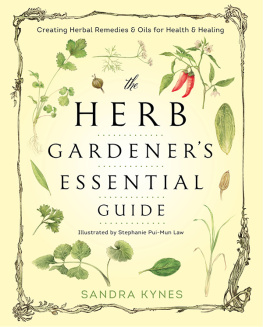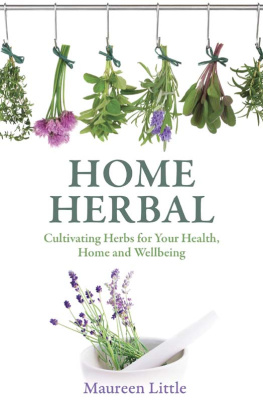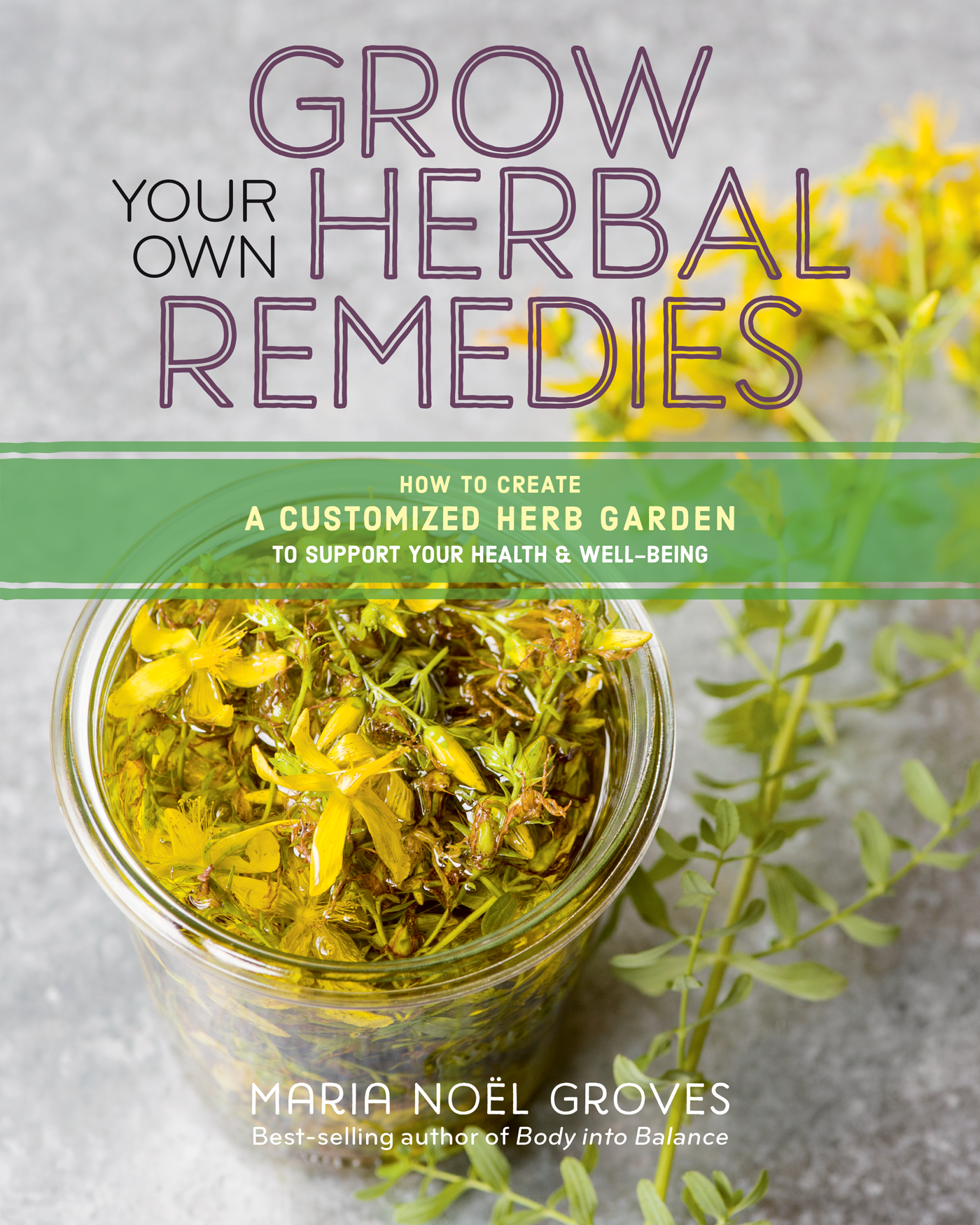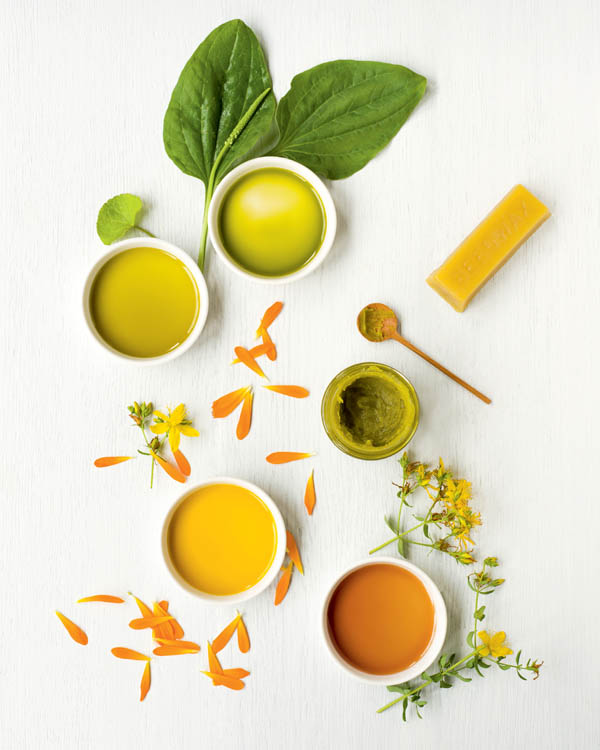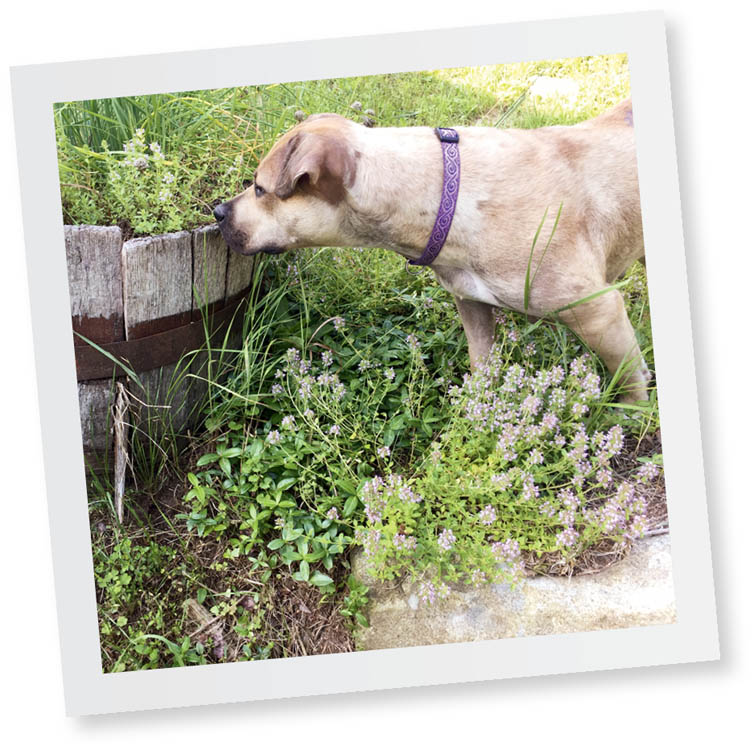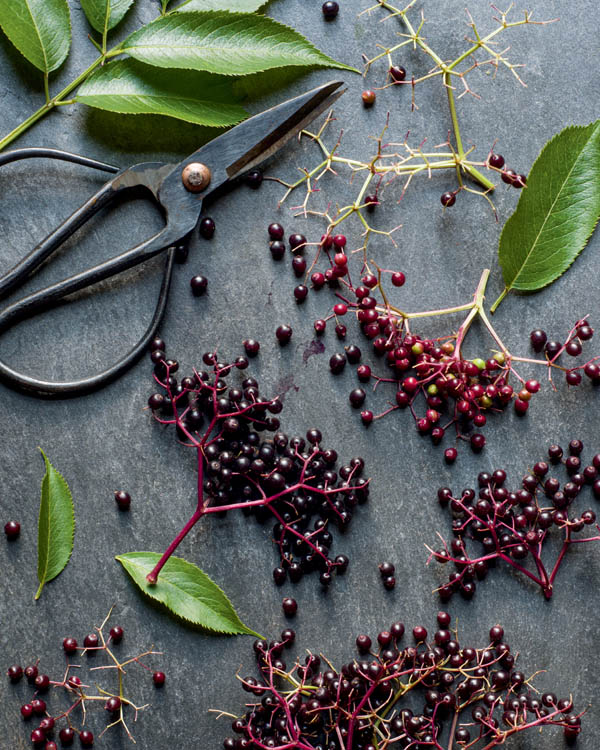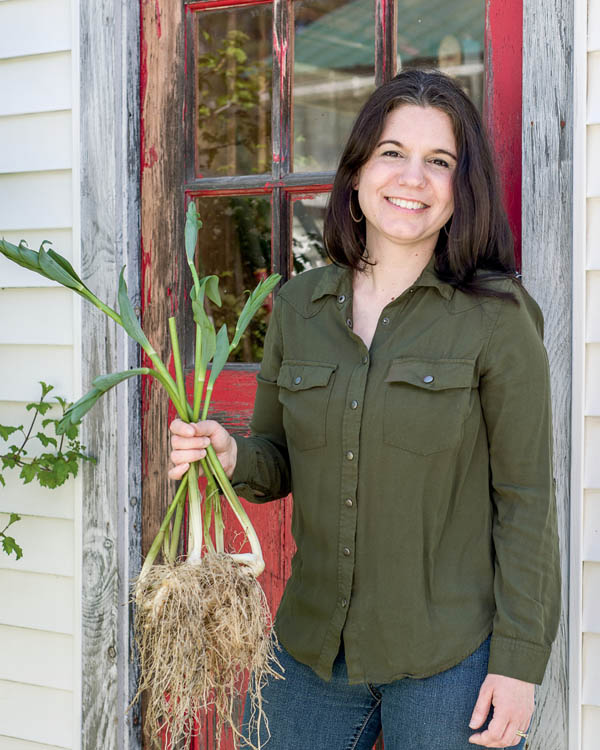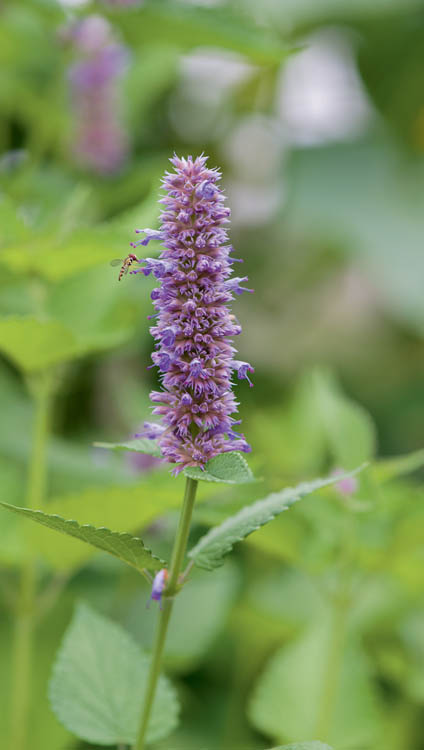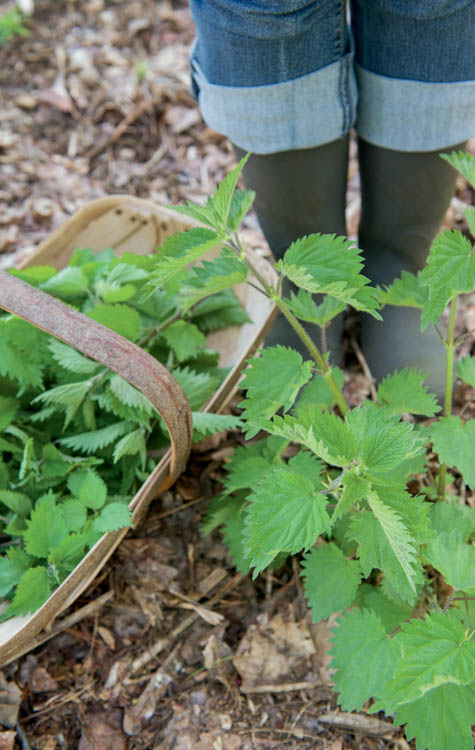Dedicated to...
Mimi Mandile, my mother and number one fan, who introduced me to herbal gardening and still lets me raid her garden periodically, as well as to my ever-supportive father, Jim Mandile.
Harriet Bean, who lovingly planted many of the herbs on this property during the 30 years she lived here before us and still keeps in touch.
Shannon Groves, my awesome husband, who always believes in me, joins me on adventures, and shares this wonderful land with me, helping to make it even more beautiful each season.
My teachers: Nancy Phillips and Rosemary Gladstar, who inspired me to cultivate herbs in the garden; Michael Moore, for fostering a love for wildcrafting and medicine making; and Christine Tolf, for opening my heart to flower essences.
Reishi, my sweet rescue mutt, who keeps me company, reminds me to take breaks, and never misses the opportunity to stop and sniff the flowers.
Contents
Introduction At the Garden Gate
Medicinal herb gardening usually begins with one of two questions: What should I grow? Or How can I use the plants I already have? Everyone loves a good top five list of herbs you must plant to serve your health needs. But if every herbalist created a top five list, you can bet those lists would differ vastly from one person to the next. The truth is that the best herbs for you to grow will depend on your health needs, your growing conditions, and which plants resonate most with you. When you connect with the plants in this way, youll get so much more out of your very own remedy garden.
Why Grow Medicinal Herbs?
So many excellent companies already make and sell fabulous herbal products, why on earth go through the trouble to grow your own plants and make your own herbal remedies? This question never crossed my mind when I first began to explore herbalism. First, I worked the supplement aisles of a popular local natural foods store, then I put my shiny new journalism degree to work covering the herb beat for Natural Health magazine. I quickly learned which herbs you could use for what and realized I wanted to become an herbalist to understand the plants on a deeper level. But making my own medicine seemed unnecessary.
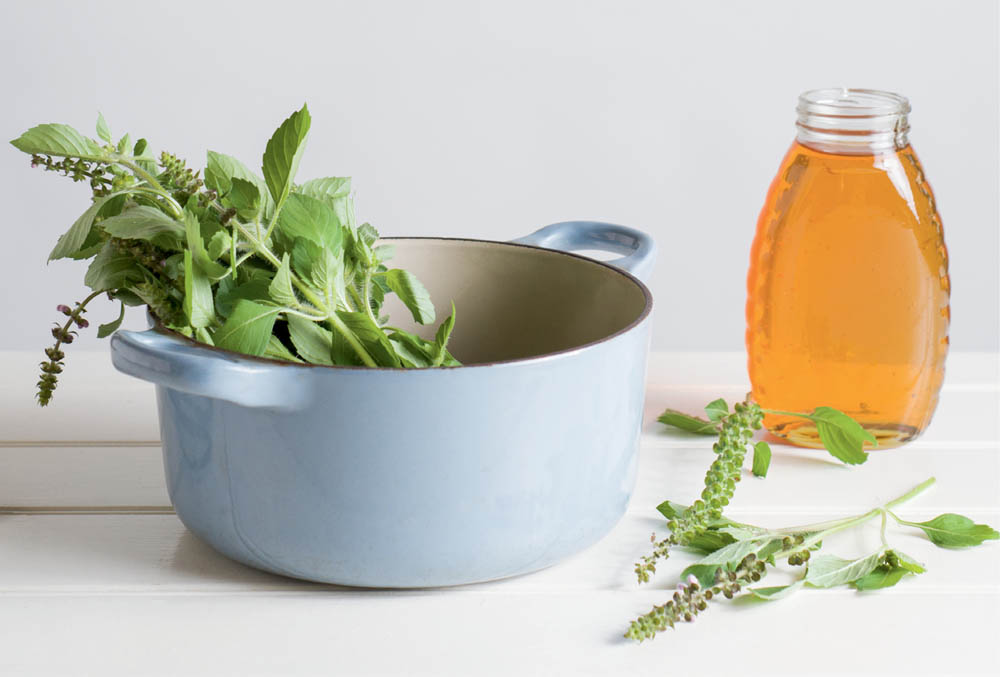
Growing your own herbs allows you to create custom remedies and capture the healing qualities of plants at their peak.
Lucky for me, I landed on study programs with herbalists who believed in getting your hands dirty: first with Nancy Phillips and Rosemary Gladstar (herbal farming and gardening advocates and gurus), then with my primary teacher, Michael Moore (a devout wildcrafter). I came home from herb school and realized: I need plants. I need to be connected with them. I need to be able to custom formulate remedies. Working with the plants directly and making my own remedies including those for my clients makes me a better herbalist, a healthier person, a more effective practitioner, and a more whole human being.
Believe it or not, the remedies you make from the plants in your backyard can be just as good as and often superior to products you buy. But thats not the only reason why you should grow your own herbal remedies.
What Is an Herb?
Herbalists define herb broadly to include any plant or plant part used to promote health. Even mushrooms (completely different creatures entirely) become honorary herbs. But if youre talking to a botanist, an herb refers only to leafy plants that die back in winter and lack woody stems (as opposed to shrubs and trees). Horticulturists and garden centers may also use this definition and/or limit herbs to culinary plants, often with subdued leafy mounds of growth. For a chef, herb refers to the leaves of culinary herbs, as opposed to seeds, roots, and barks, which are spices. Herbalists are generalists. If it grows from the earth and helps us feel better, its an herb.
Grow delicious, beautiful, and useful herbs like Korean mint, which is almost impossible to find.
Top six Reasons to Grow Your Own Herbal Remedies
- Freshness. Freshness matters, as does the ability to make things exactly the way you want them. This, on a chemical level, is what makes your remedies stronger than what you buy.
- Less expensive. You can make potent remedies for a fraction of the retail cost. That 1-ounce bottle of tincture that cost you $15? You can make 16 ounces for less. Teas are practically free.
- Customization. Dont simply stuff your pantry with as many remedies as you possibly can. Think critically about the best plants for you (which is what this book is about). Start with small quantities, gradually building an herbal medicine cabinet tailored exactly to you and your family. You can also craft your own blends, which are often more effective than prefab s tore-bought formulas, and theyre fun to create. The recipes in this book serve as a starting point.
Only herbalists plant stinging nettles in their gardens! In spite of its weedy nature and painful sting, nettle is rich with valuable nutrition. Find an out-of-the-way spot for it to thrive.
- Self-sufficiencyand empowerment. Being able to step into your backyard or open your medicine cabinet when you arent feeling well, take a plant, and feel better thats what its all about. You dont need to run out to the store. Its right there for you and your family. The more you learn the plants and gain confidence in your skills as a home herbalist, the stronger you will feel in your ability to make yourself, your family, your community, your landscape, and the planet healthier.
- Sustainability, stewardship, and confidence. When you grow your own herbs, you not only ensure you have access to amazing quality plants whenever you need them. You develop a connection with the plants themselves and gain confidence in the quality and identity of the herbs you use. You promote sustainability for plants that might be grown and harvested unethically in commerce, and you become a steward of your land and the plant kingdom, a reciprocal relationship where you help the plants and they help you. In doing so, you also provide food, habitat, and diversity for a deeper ecology on your property that includes birds, bees, butterflies, mycelia, and earthworms.


